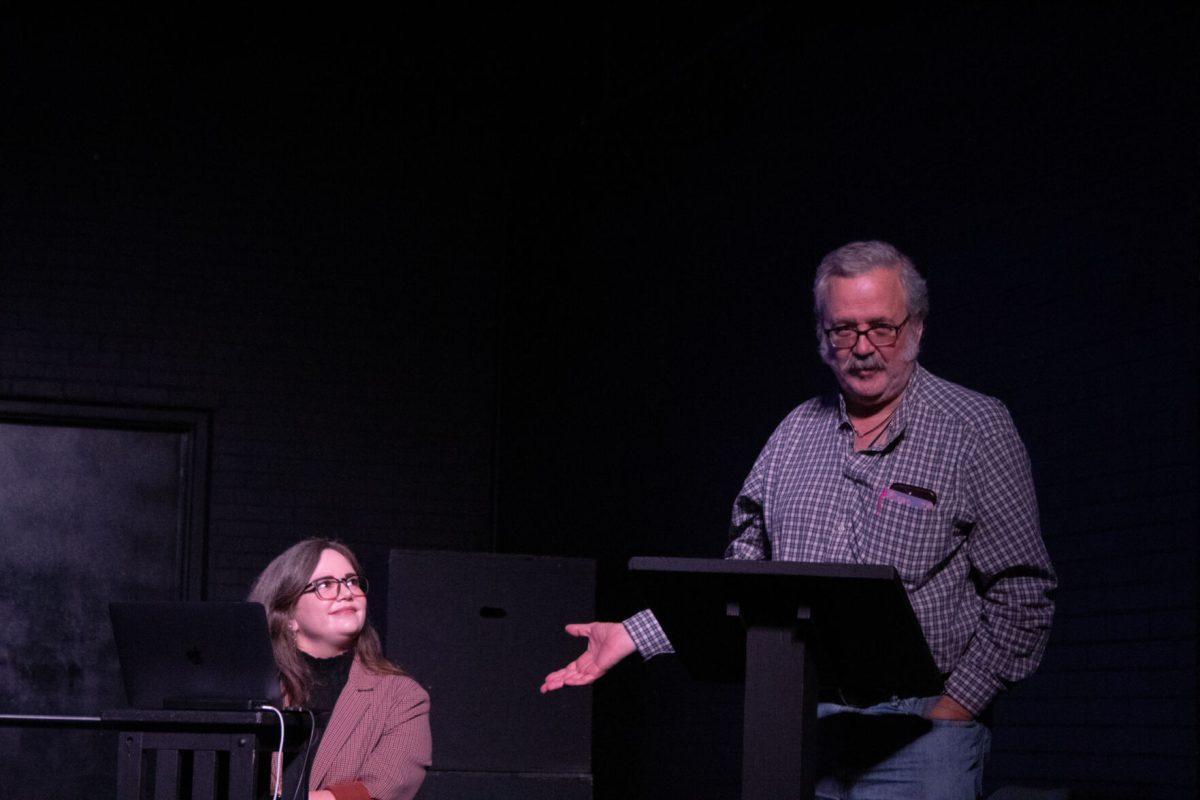Early last year, now a Paul M. Hebert Law Center first-year student and Space Law Society president, Zach Miller was pondering the topic for his senior honor’s thesis while playing the popular video game “Civilization V.” The premise of the game is to develop civilizations on a sparsely-populated planet.
“I started to wonder what it would actually be like if there was some sort of a colonization of a planet,” Miller said. “If you started getting really nerdy and you tried to figure out what it would actually look like, what sort of diplomatic mechanisms or international laws would govern the colonization of space, and that’s what I ended up writing my thesis about.”
The topic of Miller’s honors thesis remained with him after he graduated from the University and became the basis for the newly-created Space Law Society at the Law Center.
Space law is an increasingly relevant topic in the 21st century. Although the question of legal status in space is not new — beginning in the late 1960s with issues revolving around the space race — the topic has gained new life as private companies poise themselves to privatize space travel. In the past, space-related issues were generally dealt with at the national or international level, using treaties or statutes, because the only organizations capable of space travel were governmental bodies like NASA or the European Space Agency.
As private corporations like SpaceX and Orbital ATK begin to take over the domain of low earth orbit travel — and SpaceX CEO Elon Musk calls for a manned mission to Mars by 2024 — questions of private ownership of celestial bodies is an issue that wasn’t considered by treaties ratified in the ’60s and ’70s.
Because of this heightened interest in and need for space law, Miller said he saw a market for his student organization.
“There’s not really a big market that exists yet for anything aviation or aerospace here,” Miller said. “It turned out to be a good fit.”
Other students seem to be interested as well. Miller said he expected maybe 10 or 15 people at the society’s first interest meeting last week but saw a turnout of about 50.
The Society is currently working on providing industry connections and opportunities for members, along with bringing in guest speakers to talk about space law.
“Like any other student organization, we want to help students develop their résumés and create professional opportunities for them,” Miller said.
In the future, however, Miller said he hopes to expand the scope of the Society by publishing scholarly papers and sending students to conferences and conventions. By doing real academic work in the Society, Miller said he can add a “legitimacy” to both the society and its students.
More information can be found on the Society’s website: http://zsmiller.wixsite.com/lsuspacelaw.
Space Law Society established for LSU Law School students
By Chris Clarke
February 15, 2017
Space Law
More to Discover









